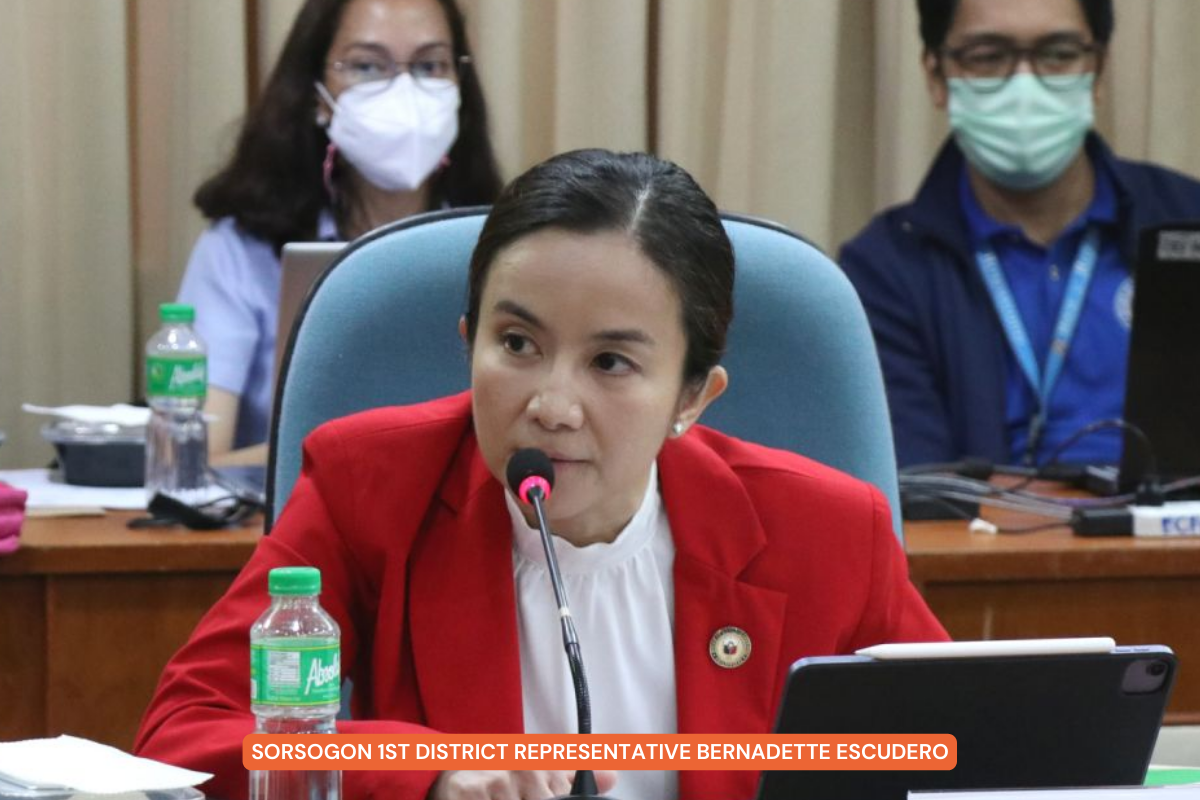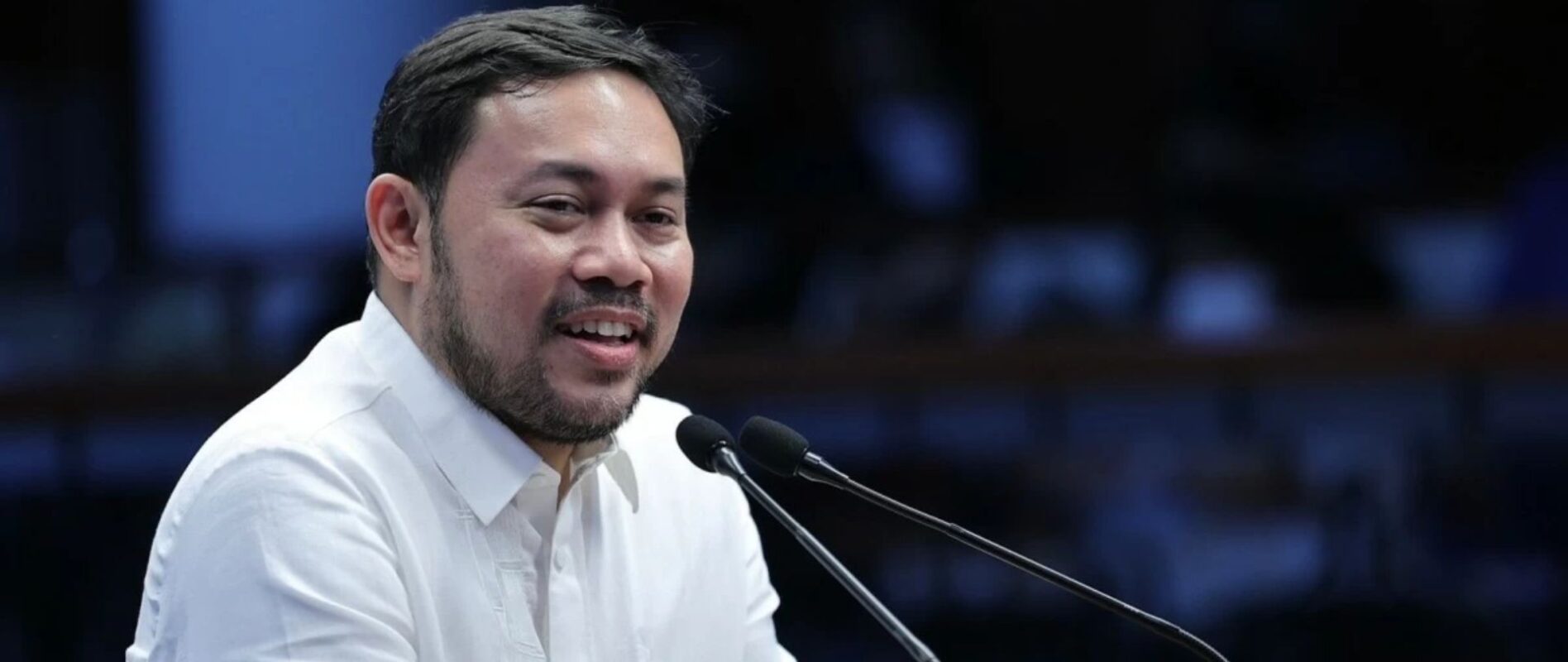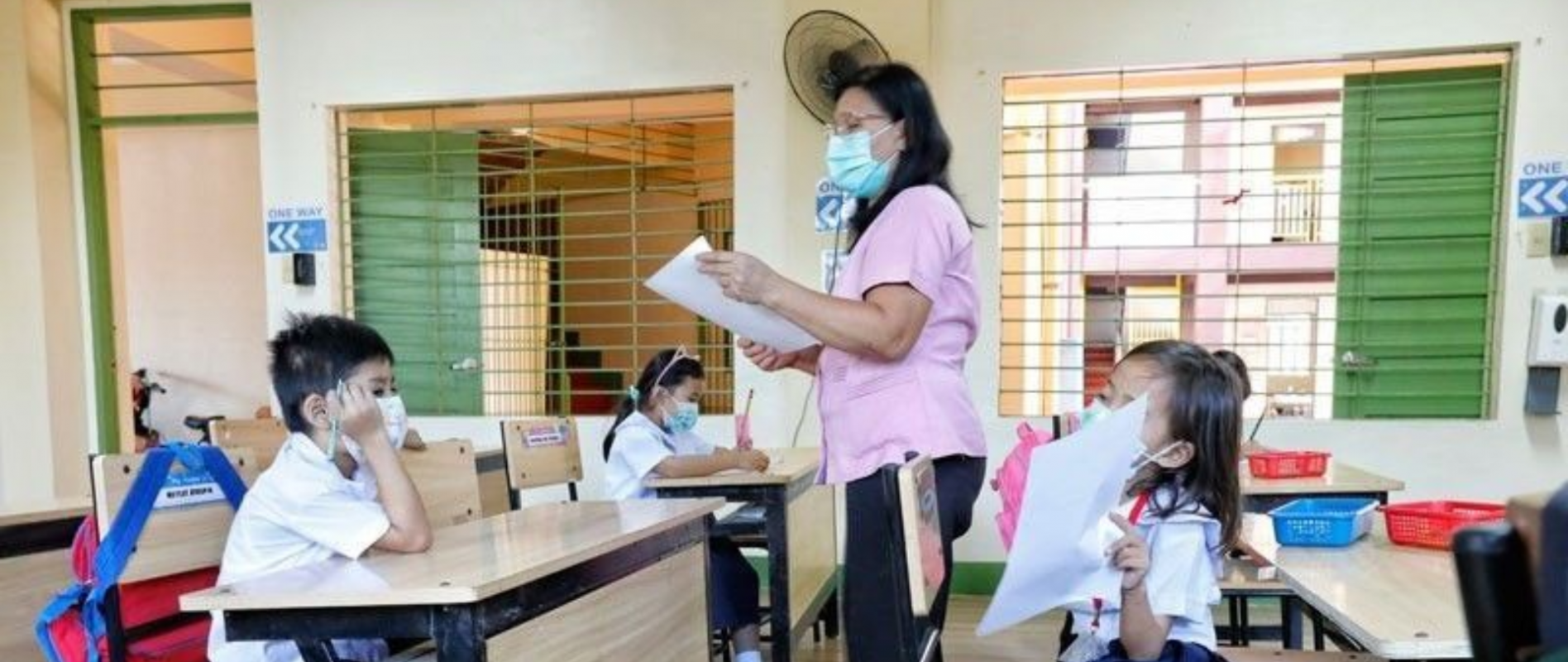SENATOR FILES BILL TO FIGHT ONLINE HATE, PROTECT YOUTH
SENATE Deputy Majority Leader JV Ejercito has filed a measure seeking to address the growing wave of cyberbullying, fake news, and online defamation in the country, especially against vulnerable users such as the youth.
In filing the Anti-Online Hate and Harassment Bill or the “Emman Atienza Bill,” Ejercito said while social media allows truth and advocacy to flourish, it has also become a venue for ruining reputations, spreading fake news and false accusations, and inciting violence.
“In reality, there are no delete or edit buttons for the ones we have hurt,” he stressed.
Ejercito noted that many young people have fallen victim to online bullying, including Emman Atienza, the late daughter of his friend and TV personality Kim Atienza, after whom the bill is named.
He cited a survey by the United Nations Children’s Fund involving over 1,200 Filipino children, which revealed troubling experiences with unsafe online behavior, harmful content, and their strong desire for safer digital spaces.
“With the primary objective to protect individuals from online harassment, this bill seeks to strengthen the implementation of laws that deter cyberbullying and online hate,” Ejercito said. “And as Emman used to always say, to promote ‘a little kindness.’”
He added that the massive online population in the Philippines has made Filipinos especially vulnerable to digital abuse.
“At the onset of 2024, 73.4 percent of the country’s population, or about 86.75 million, are social media users. With approximately 10 hours of internet use daily, the online exposure of Filipinos is among the highest in the world,” he said. “This proves that it is crucial for our country to provide stronger online security and protection for users.”
Ejercito explained that Senate Bill No. 1474 expands protections under existing laws such as the Cybercrime Prevention Act and the Anti-Bullying Act, which he said are limited in scope.
Under the proposed legislation, acts such as cyberlibel, online hate speech, harassment including expressions inciting hatred or discrimination based on gender or sexuality, cyberstalking, and non-consensual sharing of private information will be explicitly penalized.
It affirms that fair commentary, satire, criticism, and opinions—especially those directed at public officials—remain fully protected, except when they contain false or defamatory statements.
Digital platforms will be required to act swiftly by removing or blocking harmful content within 24 hours of verified complaints or court orders. They must also suspend or ban offending users, preserve digital evidence, and provide accessible reporting and redress systems. Failure to comply may lead to penalties or even affect their authority to operate in the Philippines.
To ensure that victims receive support, the bill mandates a Victim Support and Protection Program offering psychosocial services and counseling through the DSWD and DOH, as well as legal aid and protection through the DOJ, including assistance in securing protection orders when necessary. Costs of these services will be borne by the perpetrators.
Perpetrators of online abuse will face stiff sanctions, including imprisonment and fines ranging from ₱50,000 to ₱200,000, depending on the gravity and frequency of the offense.
Cyberlibel remains punishable under the Cybercrime Prevention Act, while minors involved will undergo counseling and education to reform abusive online behavior.
Ejercito stressed that the intent of the bill is not to restrict speech but to promote accountability in digital spaces and uphold the balance between free expression and human dignity.
“We hope Emman’s passing will not be in vain as we push for the immediate passage of this measure. We need to bring back kindness online—where people pause and think before they post. We must prevent another tragedy where our fellowmen, especially the youth, are pushed to the breaking point by the vitriol of online hate,” he said.
According to a monitoring report from the Department of Information and Communications Technology, online libel—including defamatory posts and public shaming on social media—ranks among the top five cyber-related complaints in the country, with 1,452 cases recorded in 2024.














